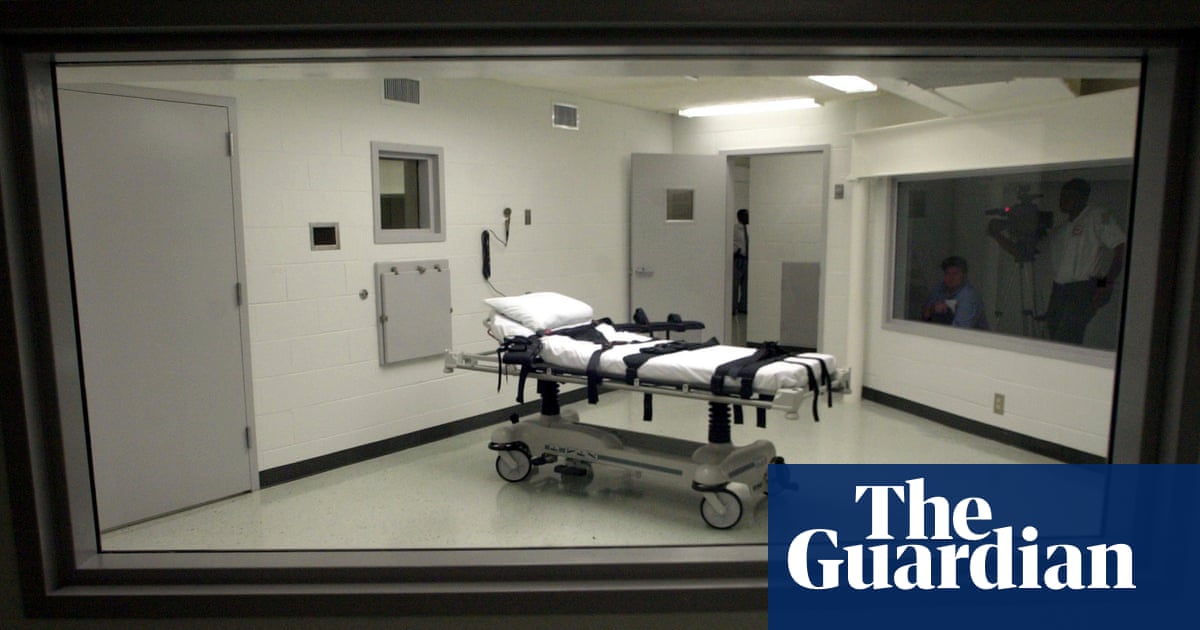Move follows Alabama’s recent killing of death row inmate Kenneth Smith using previously untested method
Three of the largest manufacturers of medical-grade nitrogen gas in the US have barred their products from being used in executions, following Alabama’s recent killing of the death row inmate Kenneth Smith using a previously untested method known as nitrogen hypoxia.
The three companies have confirmed to the Guardian that they have put in place mechanisms that will prevent their nitrogen cylinders falling into the hands of departments of correction in death penalty states. The move by the trio marks the first signs of corporate action to stop medical nitrogen, which is designed to preserve life, being used for the exact opposite – killing people.
The green shoots of a corporate blockade for nitrogen echoes the almost total boycott that is now in place for medical drugs used in lethal injections. That boycott has made it so difficult for death penalty states to procure drugs such as pentobarbital and midazolam that a growing number are turning to nitrogen as an alternative killing technique.
Now, nitrogen producers are engaging in their own efforts to prevent the abuse of their products. The march has been led by Airgas, which is owned by the French multinational Air Liquide.



First of all, if after all this time electric chair and lethal injection were not found unsuitable, I have zero faith this one would be (at least for the right reasons) regardless of botched attempts.
Second of all, I don’t advocate for our corrupt governments to handle executions. I 100% agree they can’t be trusted with this.
But there is no issue with the method itself, which is what this article is about and I am commenting on. Purity of the gas? What for? Unless there is so much oxygen the patient survives, it should not matter. Certainly not any trace amount you would have in industrial nitrogen supply.
Uhhhhhh what? The electric chair was found unsuitable and unconditional. But sure you’re a rational party in this argument.
You mean unconstitutional? In the US? When?
It was effectively outlawed in 2008 by the Nebraska Supreme Court. The US Supreme Court didn’t take up the case and effectively banned it by not accepting applies.
This would only ban it in Nebraska. Scotus not taking appeal is not the same as scotus taking the appeal and denying it and even that is not the same as scotus ruling it unconstitutional.
Especially if the lower court ruled based on Nebraska law or constitution. Scotus rejecting appeal to such is just standard: We don’t care what states do. Which is the default in Federalism. States can ban things the Feds allow*.
* many exceptions may apply